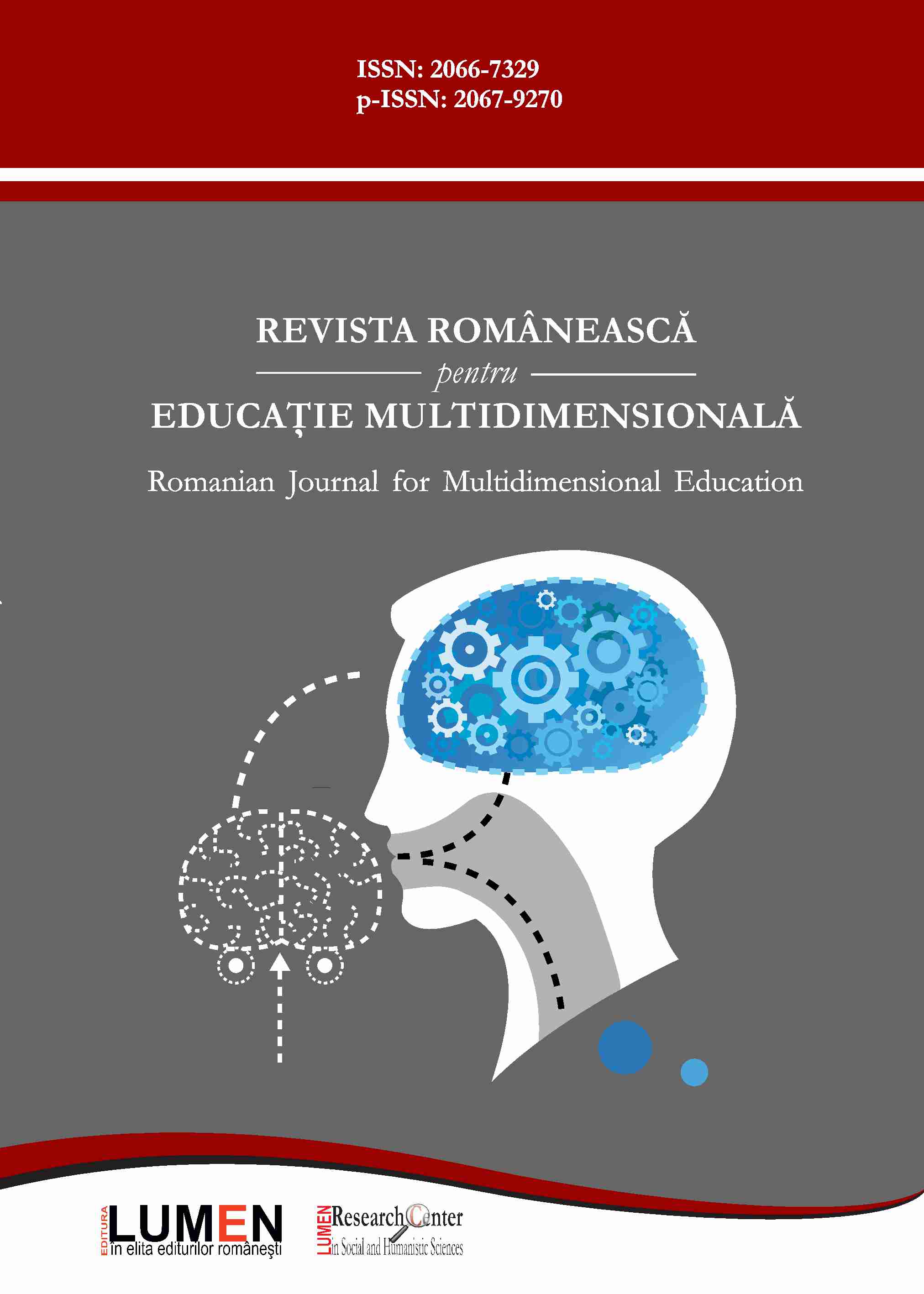Characteristics of Foreign Language Education in Foreign Countries and Ways of Applying Foreign Experience in Pedagogical Universities of Ukraine
Characteristics of Foreign Language Education in Foreign Countries and Ways of Applying Foreign Experience in Pedagogical Universities of Ukraine
Author(s): Iryna ONISHCHUK, Maryna IKONNIKOVA, Tetyana Antonenko, Inna Kharchenko, Svetlana SHESTAKOVA, Nataliia Kuzmenko, Borys MaksymchukSubject(s): Social Sciences, Education
Published by: Editura Lumen, Asociatia Lumen
Keywords: teacher training; humanities; effective teaching methods;foreign language learning;
Summary/Abstract: Comprehension and implementation of such experience will help to improve the foreign language education of future teachers of humanities in our country and will contribute to successful integration of Ukrainian national education into the world educational space. The purpose of the study is to systematize theoretical issues and generalize the experience of developing foreign language education for future teachers of humanities at pedagogical universities of Ukraine (mid-XX - early XXI century). An analysis of the original literature of the study period allowed us to identify the most effective methods of foreign language education in foreign countries: Grammar-Translation Method, which provides written work and focuses on the study of grammatical rules through translation of the original texts; Audio-Lingual Method, which enables the rapid training of foreign language specialists on the basis of the following provisions: language learning as habit-formation (language learning is); avoiding mistakes because they form bad habits (Mistakes are bad and should be avoided, as they make bad habits); mastering verbal communication and then writing (language skills are learned more effectively if they are presented verbally first, then in written form); when learning an analog language better than analysis (analogy is a better foundation for language learning than analysis); the meaning of words can only be learned in a linguistic-cultural context (the meanings of words can be learned only in a linguistic and cultural context); Cognitive-Code Methodologies (conscious-practical method, or theory of conscious mastery of code); its main provisions are: the verbal basis of learning the foreign language; language-based thinking formation.
Journal: Revista Românească pentru Educaţie Multidimensională
- Issue Year: 12/2020
- Issue No: 3
- Page Range: 44-65
- Page Count: 22
- Language: English

